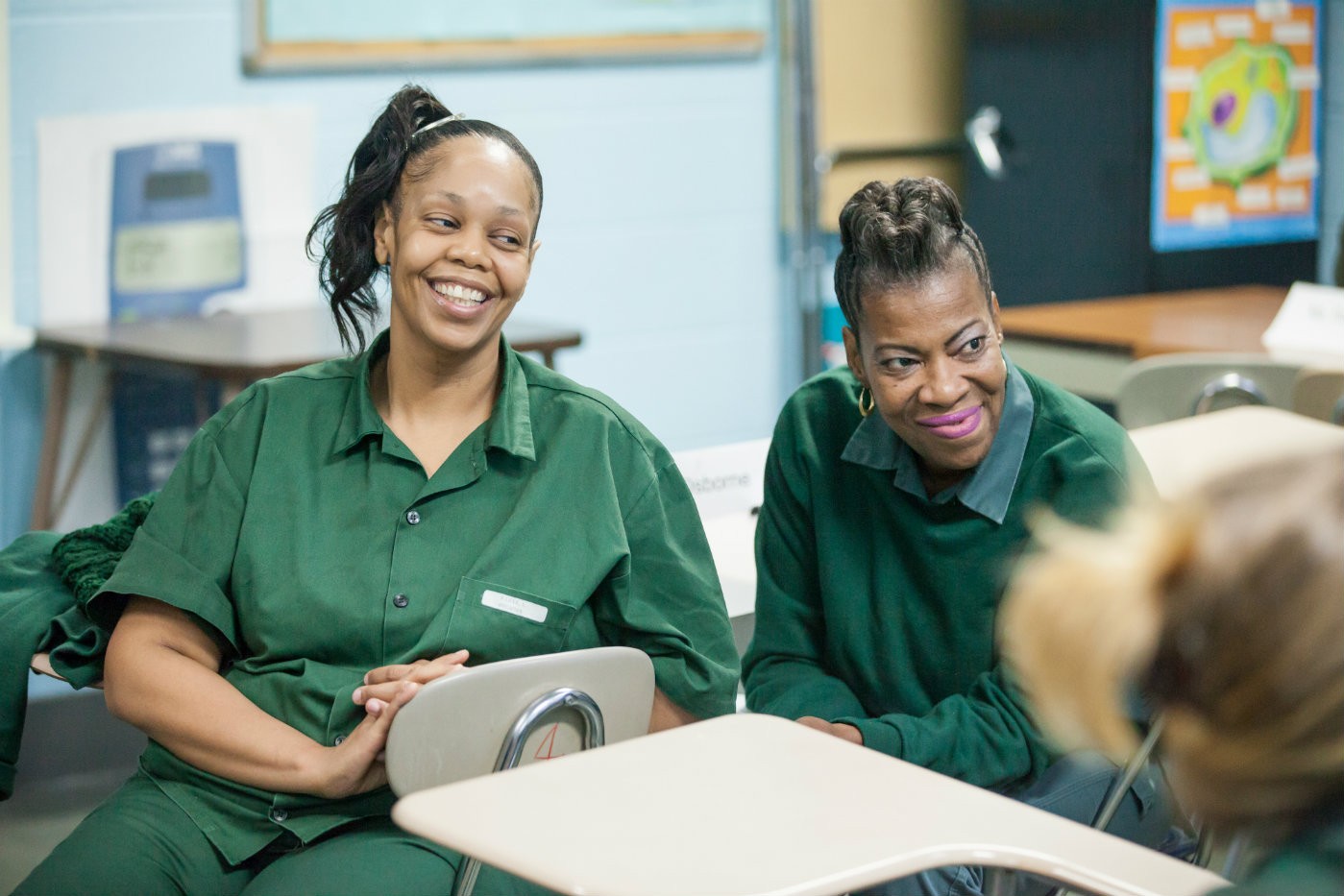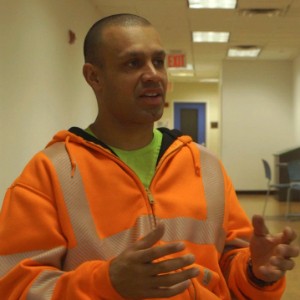REAP Program Seeks to Provide Careers to 2,000 Formerly Incarcerated People by 2020

When Damon Rodriguez stepped out of prison in 2013, he already had a plan. While in jail, he was fortunate to come across stories in local newspapers about an organization that helps formerly incarcerated people (FIPs) start a new chapter of their lives. Many people face immense challenges finding work after they’re released from prisons. The latest reports reveal that the American criminal justice system holds more than 2.3 million people.
What sectors of society bear the responsibility for the successful reentry of people returning home from prisons like Rodriguez and others? And what can be done to help them? These questions were discussed in a conference held in the spring of 2016 by the Tamer Center for Social Enterprise at Columbia Business School and the Columbia University Center for Justice.
The conference led to the launch of the Re-Entry Acceleration Program (REAP). REAP aims to facilitate efforts among the educational and business sectors to help improve employment opportunities for FIPs and people with a criminal record.
REAP deploys two initiatives that work conjointly through incarcerated individuals, Columbia MBA students, and potential employers. The first initiative provides much needed business training to incarcerated people and people with criminal records. It is jointly offered by Resilience Education, a nonprofit organization; Hour Children, a workforce development agency; and the Tamer Center for Social Enterprise at Columbia Business School.
This business training also gives Columbia MBA and executive MBA students the opportunity in the fall or spring to teach people in prison a three-course curriculum that covers financial empowerment, entrepreneurship, and negotiations.
So far, Taconic Correctional Facility, a medium-security women’s prison in Bedford Hills, New York, has been the first site for these courses in this academic year. Last fall, three teams of 21 MBA student instructors taught 22 women at Taconic and another 22 at Hour Children’s offices in Long Island City. Two MBA instructor teams are also teaching this spring semester.
The second initiative is the development of a Business Association for employers in the business, public, and nonprofit sectors, as well as workforce development organizations that employers often partner with. The Business Association develops strategies to improve hiring opportunities for FIPs, and it also provides support and resources to businesses.

One reentry organization engaged with the Business Association is Fortune Society, which Rodriguez sought out after he left prison. Rodriguez, who is a Bronx native, grew up in poverty with parents who were substance abusers; he ended up selling drugs from his early teenage years throughout his adulthood. He was charged with drug trafficking and money laundering. “As soon as I got there I said, ‘I have to change; I have to change the person I am,’” remarked Rodriguez in a short documentary made by Jack Dodson (’16JRN) for REAP. Rodriguez is now a supervisor at a construction company. He had no prior experience in the construction business, but learned and developed the skills through an apprenticeship program that he found through Fortune Society’s employment program.
REAP’s goal is “to enlist 200 businesses to provide 2,000 FIPs with career-track jobs that lead to financial independence by 2020,” according to its website. Rodriguez’s story stands true for many formerly incarcerated people who not only look for a job upon their release from prisons, but also are in dire need of an education and the skills required to secure career pathway opportunities.
To learn more about the REAP program, visit https://www8.gsb.columbia.edu/socialenterprise/initiatives/reap.
This article was originally published in the Spring/Summer 2018 issue of The Columbia Newsletter.